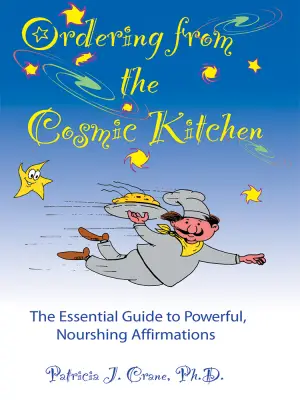Review of Mini Habits: A Life-Changing Strategy by Stephen Guise
As an avid reader of self-help and personal growth genres, I picked up Mini Habits: A Life-Changing Strategy out of sheer curiosity. I often find myself overwhelmed by lofty goals, and the promise of a more manageable approach intrigued me. The concept of incorporating small habits to achieve lasting change felt refreshing and inviting.
From the very first chapters, I was struck by Guise’s relatable storytelling. He starts with his own journey of trying to stay motivated to exercise and the failures that naturally ensued. I could see myself in his narrative—the moments of frustration, followed by the resolve to push harder. He confesses about his experience trying to stick to big goals, only to realize that changing those strategies was the key to success, rather than changing himself. This notion resonated deeply with me; I’ve often blamed myself for my struggles, thinking I simply lacked willpower.
A significant aspect that stands out in Guise’s book is the concept of "mini habits." A mini habit is essentially a small, positive action that you commit to do daily. It’s so minimal that the barrier to starting is virtually nonexistent. One of Guise’s key examples was his commitment to do just one push-up daily, which then led to more extensive workouts over time. This earns my respect as someone who’s tired of the pressure of grand resolutions, and I’m eager to give mini habits a try!
However, while I found many positive aspects, I also encountered some drawbacks as I delved into the material. One criticism I came across mentioned that Guise’s approach felt repetitive at times, reiterating similar ideas without adding much depth. I can’t entirely disagree; certain segments did feel like they lingered a beat too long, which could lead to a loss of momentum for the reader.
Another drawback mentioned by others was the lack of guidance on how to actually identify and implement these mini habits into our lives. While Guise offers ample anecdotes and motivation, I found myself occasionally wishing for a more straightforward blueprint or actionable steps. For example, how exactly does one convert a vague goal like "read more" into a refined mini habit? Despite these minor frustrations, I appreciated Guise’s candidness about the process and his focus on flexibility, which somewhat compensates for the lack of rigid structure.
What I loved most was how Guise intertwines scientific insights with practical advice. He emphasizes that traditional motivation techniques often fight against our mental wiring. Instead, playing by our brain’s rules allows us to achieve sustainable change without the guilt, intimidation, and overwhelm so many of us feel. This approach feels empowering, and I believe it opens a door to a new way of thinking about self-improvement.
In conclusion, Mini Habits delivers a refreshing, scientifically-backed strategy for anyone struggling to create lasting changes in their life. With relatable anecdotes, a compelling narrative, and an empowering message, it offers a viable path that many can follow. While it may not provide exhaustive frameworks every reader might crave, the core principles are straightforward and encourage taking that first critical step towards transformation.
If you’re looking for a method that requires minimal effort yet promises substantial results, I wholeheartedly recommend giving Mini Habits a read. It may not only inspire you to cultivate healthy habits but also redefine your understanding of what it means to make change in your life.








